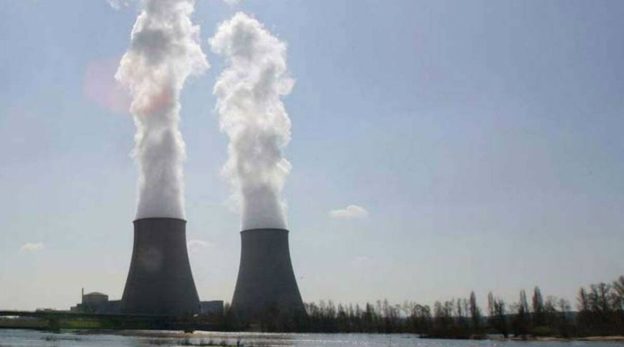The global energy transition is off track as the ripple effects of the pandemic and Ukraine crisis have compounded challenges while the pledges and transition plans fall well below the 1.5 degrees Celsius pathway, the International Renewable Energy Agency (IRENA) said.
In a preview of the forthcoming report ‘World Energy Transition Outlook 2023: 1.5 degrees C Pathway’, the Abu Dhabi-based agency said though global investment across energy transition technology hit record high of $1.3 trillion in 2022, the annual investment must increase by more than four times to remain on the pathway.
Also Read | PFC, IISc tie up for new energy research facility
While the transition requires an estimated $ 150 trillion by 2050, the planned energy scenario stops at $ 103 trillion.
“An additional $ 47 trillion in cumulative investment is required by 2050 to remain on the 1.5 degrees pathway. Around $ 1 trillion of annual investments in fossil fuel based technologies must therefore be redirected towards energy transition technologies and infrastructure,” it said.
The report flagged the growing disparities in per capita investment between rich and poor countries. For instance, the investment for 2021 in Europe and North America (excluding Mexico) was 41 and 57 times more, respectively, than the numbers in Sub-Saharan Africa. The disparity has doubled since 2015.
The report batted for a greater focus on public funding in basic energy infrastructure lest the gap in investment between Global North and Global South will continue to widen. “In 2020, multilateral and bilateral development finance institutions provided less than 3% of total renewable energy investments. Going forward, they need to direct more funds at better terms, towards large-scale energy transition projects,” the report said, calling for greater international cooperation.
https://www-deccanherald-com.cdn.ampproject.org/c/s/www.deccanherald.com/amp/international/world-news-politics/global-energy-transition-off-track-irena-1205186.html





